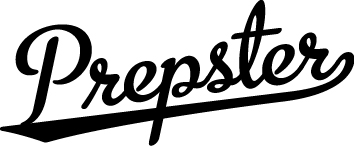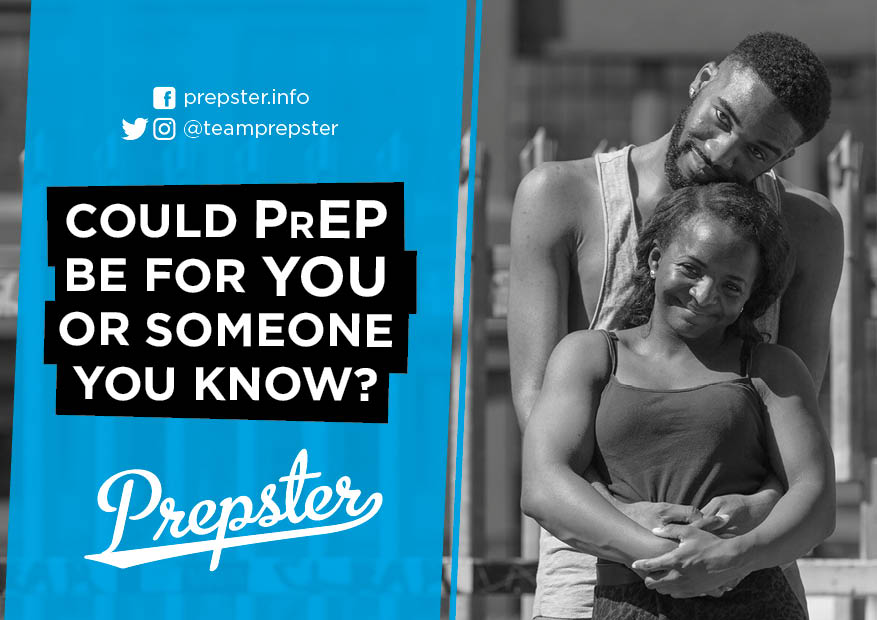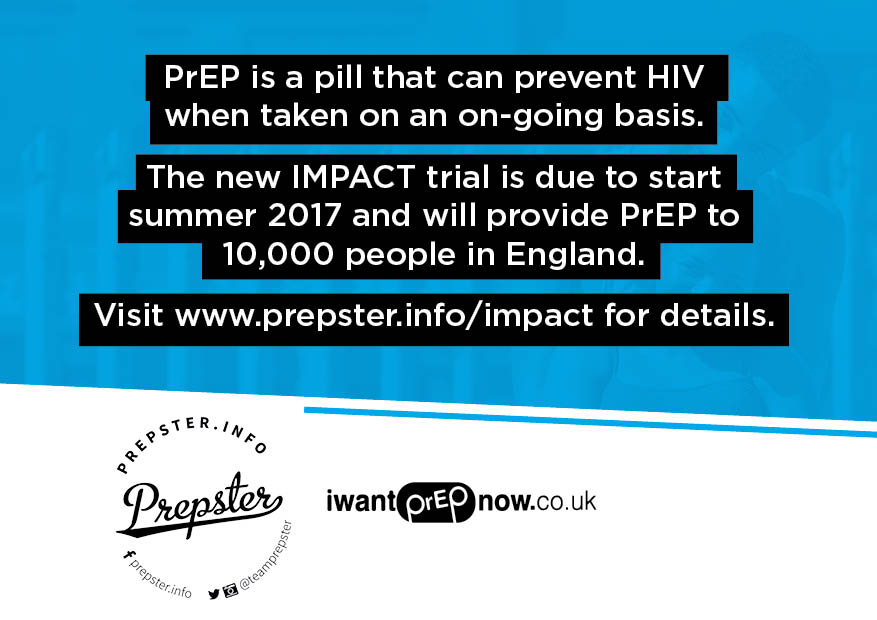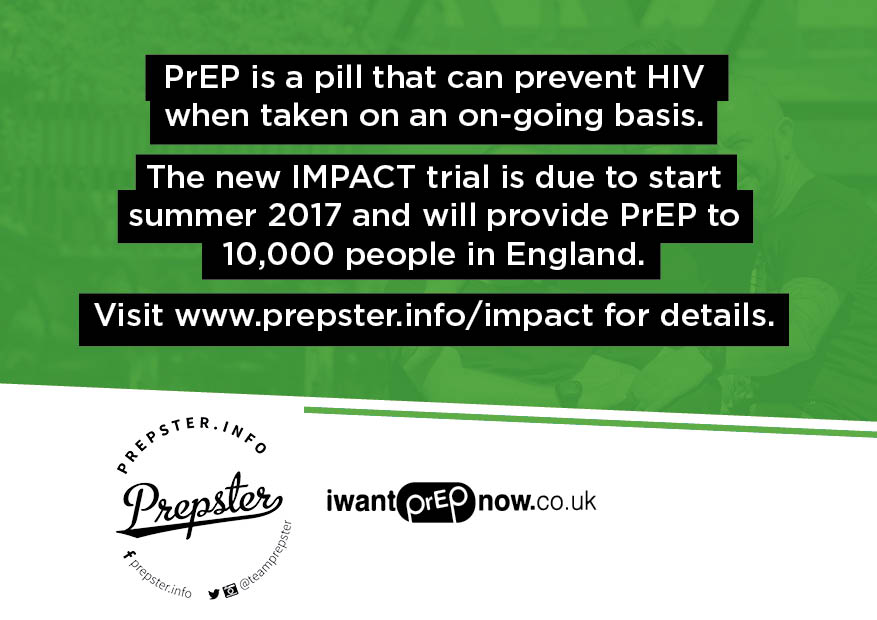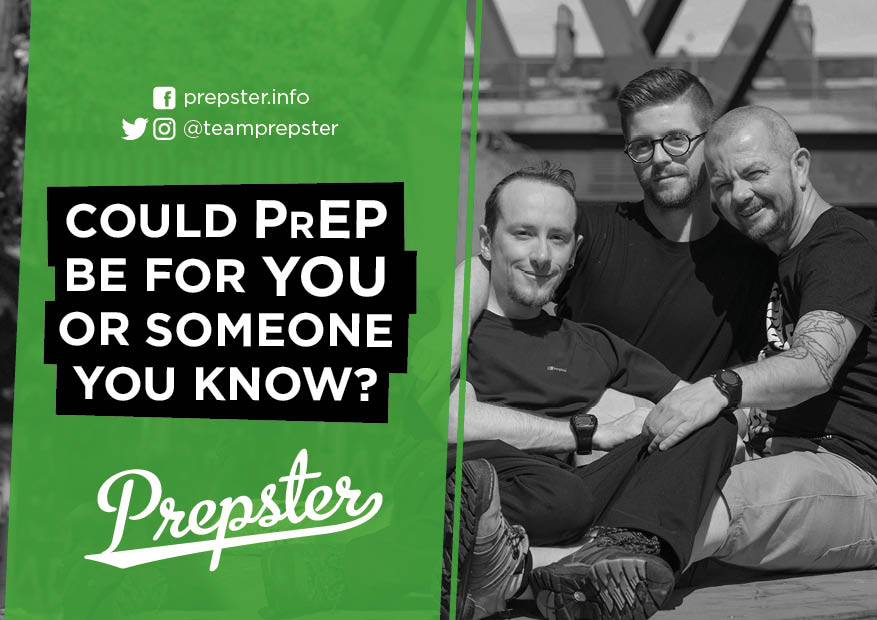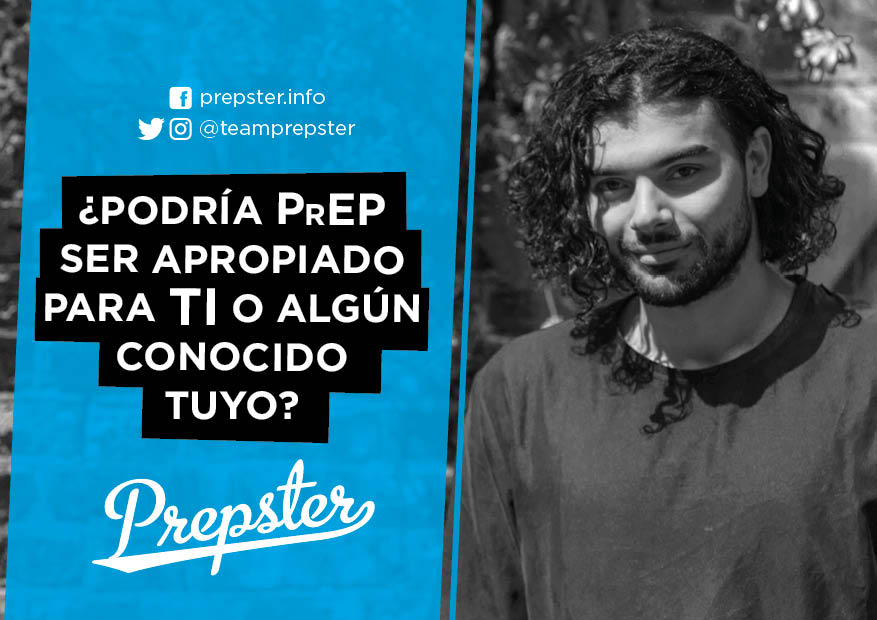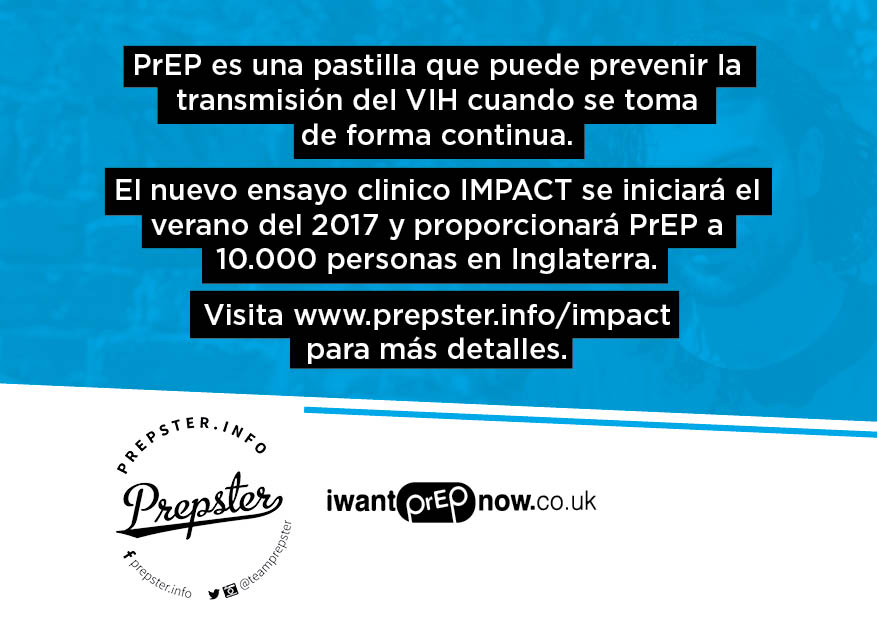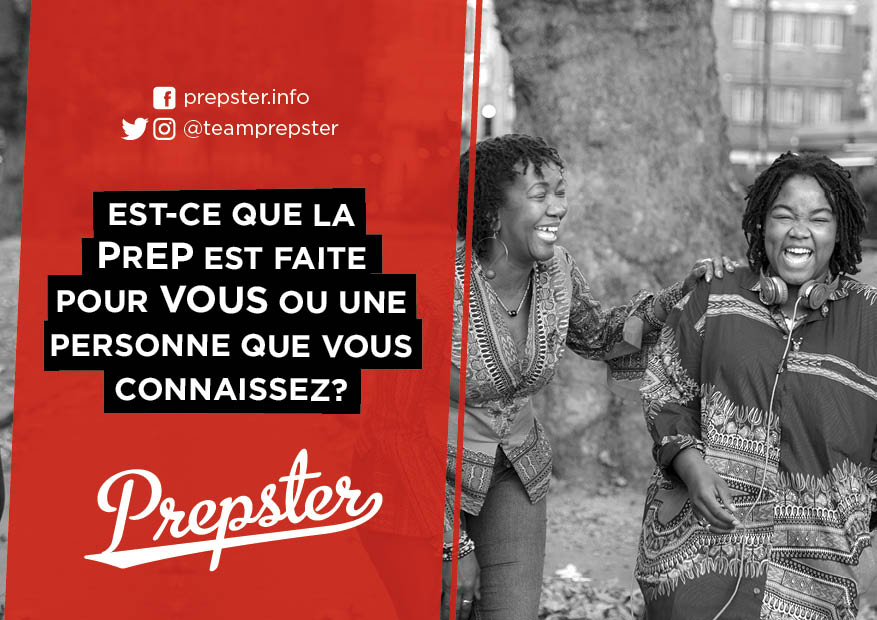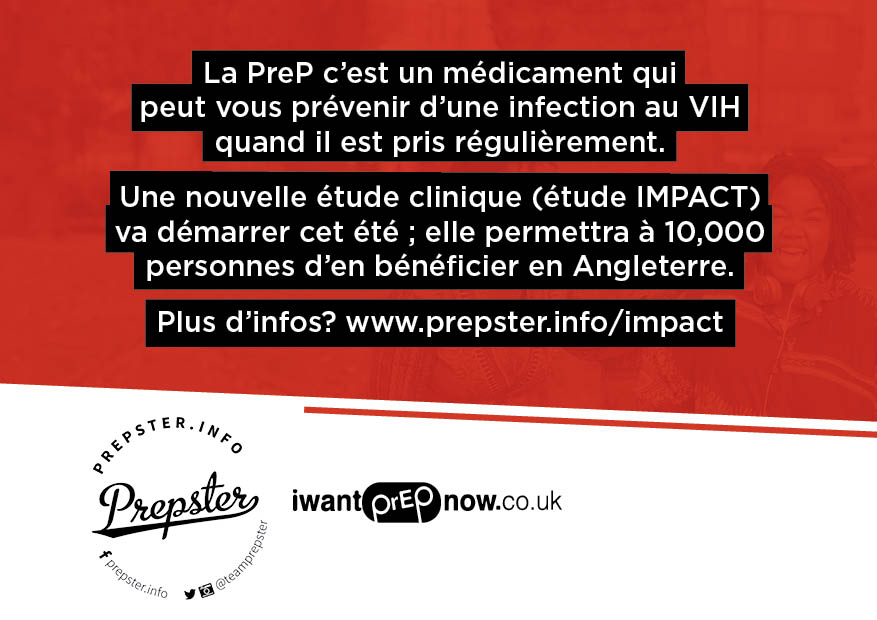Actions for diversity
Action to make this a diverse trial
HIV prevention advocates have raised concerns about how the trial will recruit a diverse group of people who need PrEP. Currently, PrEP is not available on the NHS in England and thousands of people are buying generic PrEP online. But to buy PrEP online you need the money to do so, and a safe address to have the PrEP delivered to – meaning that buying online is not an option for many people. That means that current PrEP use is skewed and only obtained by certain groups and networks of people – whilst others who might benefit from PrEP cannot easily get it.
A diverse trial should seek to include:
[su_row][su_column size="1/3"]Gay and bisexual men in England have the highest incidence of HIV – and must continue to be key targets for PrEP education, awareness and access.[/su_column] [su_column size="1/3"]Black gay and bisexual men are twice as likely as white British men to have HIV. Research shows how they face barriers and obstacles to sexual health services in general and PrEP access in particular.[/su_column] [su_column size="1/3"]Over half the gay and bisexual men diagnosed with HIV were born outside the UK. Migrants have an enhanced vulnerability to HIV and face economic, cultural and language barriers to PrEP access and sexual health services.[/su_column][/su_row]
[su_row][su_column size="1/3"]African communities – especially those from sub-Saharan Africa – also have enhanced HIV incidence and would benefit from greater PrEP access. Yet many African women, for example, prefer to visit GPs (family doctors) for sexual health issues, rather than sexual clinics.[/su_column] [su_column size="1/3"]Some trans* people have enhanced vulnerability to HIV. Uncertainty about PrEP efficacy in trans* people and concerns about interaction with other medications, are among the obstacles to PrEP access.[/su_column] [su_column size="1/3"]Those who have little control over their sex lives and their sexual health – including people facing intimate partner violence – and those who find it hard to negotiate the sex that they want.[/su_column][/su_row]
[su_column size="1/3"]And thousands of people do not know that they are at risk of being exposed to HIV and who do not know that they could benefit from PrEP. This includes people who do not know about HIV risks, or do not believe or understand the sex they are having might expose them to HIV.[/su_column]
What could we do to build a diverse trial?
PrEPster, IWPN, and other HIV prevention advocates are pushing to ensure that the IMPACT trial’s communications strategy ensures that key populations are informed about the trial and know how they can enrol on it.
We think there are key actions that can be taken, especially by and through community organisations that are rooted in the communities that might benefit from PrEP.
These actions include:
[su_row][su_column size="1/3"]Making links with GPs (family doctors) where key groups (such as African women) go for sexual health services and ensuring those GPs know about the trial. [/su_column] [su_column size="1/3"]Liaising with organisations that are not traditionally seen to do HIV prevention or sexual health work and telling them about the trial and how it might benefit the people they reach. This might include women’s advocacy organisations; refuges and hostels; gender based violence advocates; refugee, asylum and immigration organisations; drug and alcohol services; and youth organisations.[/su_column] [su_column size="1/3"]Community HIV prevention organisations linking with GPs and organisations (as above) and offering support directly to individuals considering starting on the trial. This might involve offering further face-to-face information and support; or offering to accompany participants to trial sites for enrolment and visits, or offering on-going support to trial participants.[/su_column][/su_row]
[su_row][su_column size="1/3"]Working with Gender Identity Clinics directly to inform them about the trial and the recruitment criteria, and build up better understanding of concerns about using PrEP - such as hormone interactions and evidence of PrEP efficacy in trans* people.[/su_column] [su_column size="1/3"]Building capacity in our community HIV prevention organisations so that volunteers and staff know about PrEP and the trial – especially smaller ones that reach populations that aren’t attending sexual health clinics or who will not see advertising for the trial.[/su_column] [su_column size="1/3"]Working with advocates in the adult sex industry to build knowledge about PrEP and how it might add additional protection during sex-without-condoms porn, for example.[/su_column][/su_row]
[su_row][su_column size="1/3"]Building alliances with others in the sex work industry to explore how PrEP might enable greater protection and control for some sex workers – especially those who have less control over their sex work.[/su_column] [su_column size="1/3"]Using the trial as a building block to educate about PrEP even if those reached do not go on the trial. Whilst PrEP is being talked about and used by urban gay men, the trial will be the first time that very many people learn about PrEP.[/su_column] [su_column size="1/3"]Ensuring that our activities to promote the trial over-serve sub-groups of people who might most benefit from PrEP but who might be least knowledgeable about it. This might include for example, Black and Asian gay men; younger people; and those not accessing commercial ‘scenes’ or gendered spaces or other spaces – such as faith communities – where much of the HIV prevention activity currently takes place.[/su_column][/su_row]
[su_column size="1/3"]Ensuring that information about the trial is available in languages other than English and in formats other than just written ones. This can include through talks and discussions, through short videos, radio programmes and through community targeted social media.[/su_column]
